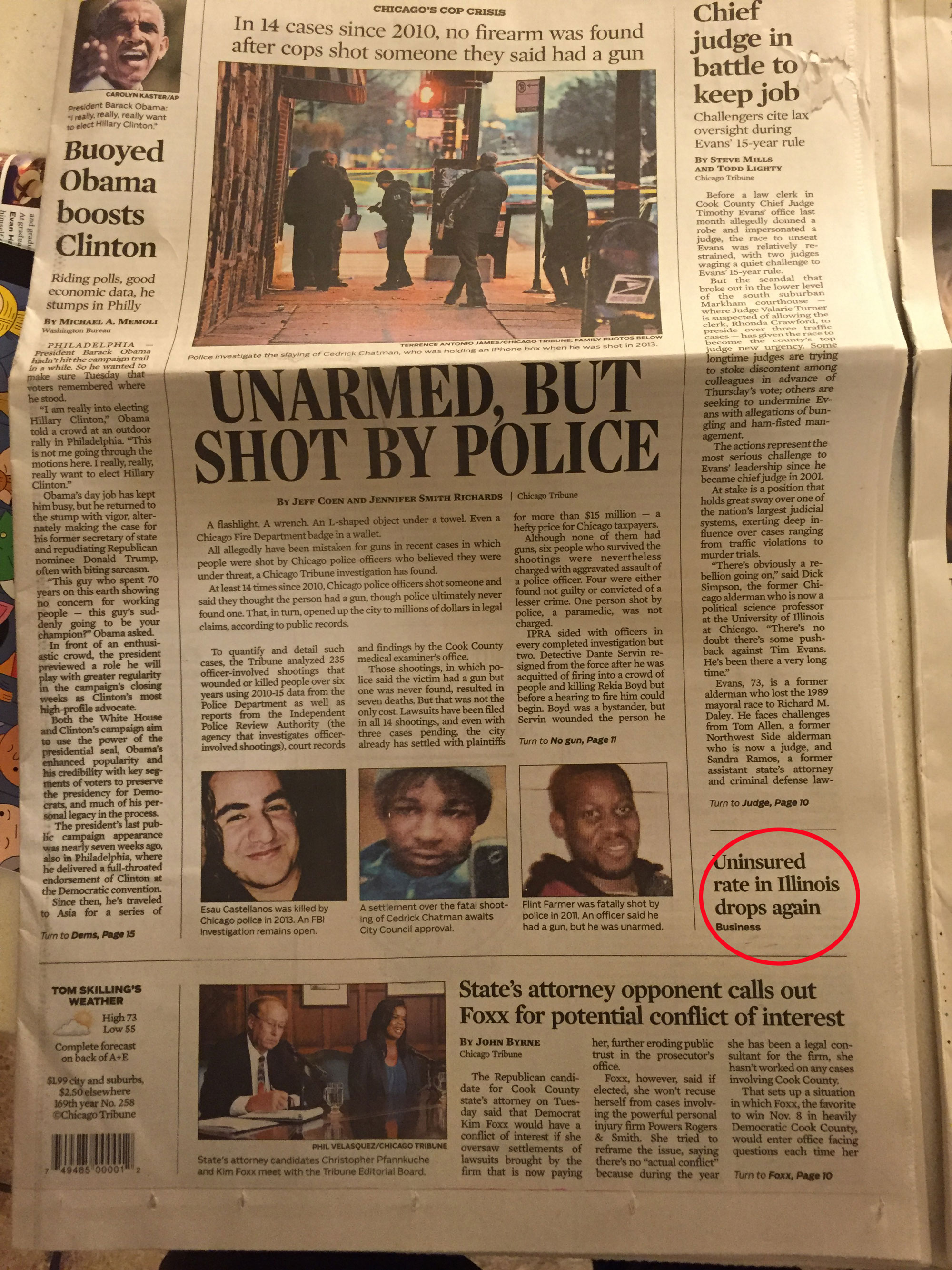I have been reflecting on two traditional habits of our media that have become not only dysfunctional but actively destructive. First, reporting on Trump as though he is a basically serious person. The press is, slowly, getting better about nailing Trump for lying, and using the word. Old habits die hard, and the habit of treating the discourse of a US president as being considerable, and assuming conventional links among utterance, belief, and intention is one of those. But it’s not working, because those links are broken in Trump’s case.
When someone says something, in any serious context, we take the utterance as some sort of forecast of behavior. “Drive me around in my car and I’ll pay you $X” is a commitment, maybe enforceable in court; “I love you” uttered by anyone not a complete cad isn’t as firm an assurance of future behavior, but normal people take it as at least not meaning “I don’t care about you” or “Actually I love someone else”, and normal people say it, or don’t, knowing that. People can change their minds, but the general rule applies, especially for public figures and leaders: what you say is and is seen to be predictive of your future behavior. A colleague of mine said what it means to a Jew to be Bar Mitzvah is that you are now responsible to what you say.
Accordingly, presidential discourse has always been reportable as spoken: data that is predictive (not perfectly) of consequential actions. However flacks and commentators spin it, we have taken presidents’ words as considerable. It’s time to stop what has become a mechanistic charade: we have a president whose speech, whether about values, beliefs, or promised action, only predicts his behavior accidentally. He reneges on flat commitments like promises to give to veterans’ causes, to invest in infrastructure, and ‘deals’ like the one last fall about immigration. He is relentlessly, doggedly ignorant about absolutely everything, so his statements of fact are not even hopes and wishes, but short-run chum for his most hateful base, whatever he thinks a rally audience wants to hear. When Trump’s rallies, tweets, and press events are broadcast the way a normal president’s events used to be, and when his environmental policies are presented as though the fact assertions they rest on are on this side of the line between knowledge and witchcraft, they are flatly misrepresented. “Trump said X today” is simply not the same kind of report as it would be regarding the utterance of a responsible adult; tradition is a poor guide now. “Trump said X” means “the last person (or rally crowd) who flattered Trump in his presence, or his latest instructions from Putin, told him to say X” and little more.


